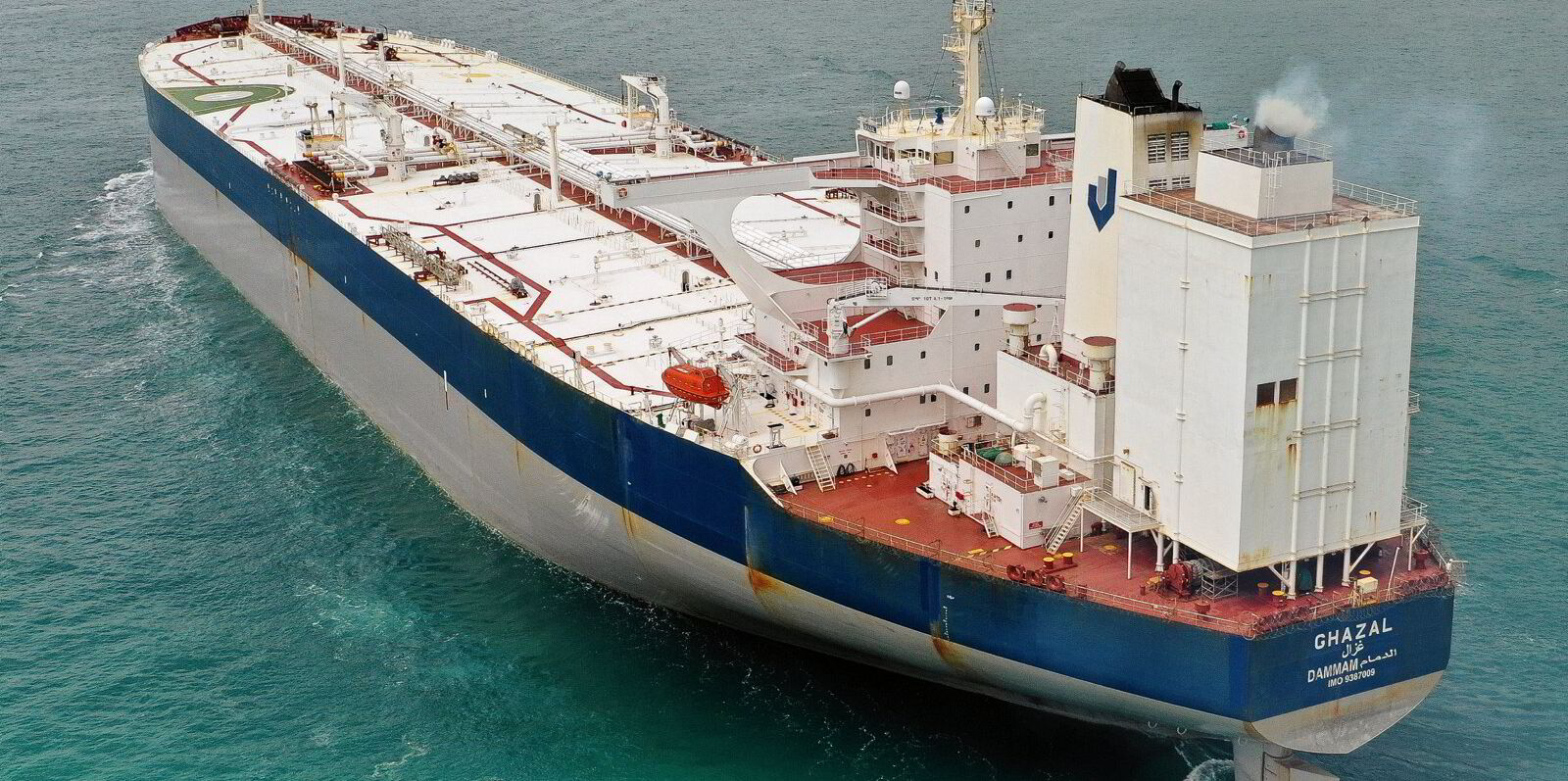There is much opinion being published regarding exhaust gas cleaning systems (EGCS), or, as they are commonly known, scrubbers.
The Viewpoint article “Scrubbers don’t match up to shipping’s air pollution rules”, written by Isabela Keuschnigg of green lobby group Opportunity Green and published on 26 July in TradeWinds, is one example. Almost everything in this article is opinion and without basis in science or experience.
First, there is no “substantial body of evidence against scrubber’s environmental credentials”.
There is substantial scientific research that shows the operation of scrubbers does not harm the marine environment. In fact, after 50 years of global maritime use, there is no hard evidence anywhere of environmental harm from scrubbers.
From the beginning, EGCS in ship operations more than fulfilled the International Maritime Organization air emissions sulphur reduction mandate.

Today, the EGCS process lowers the level of particulate emissions from the use of heavy fuel oil to below those of very low-sulphur fuel oil (containing less than 0.5% sulphur) and roughly on par with marine gasoil; but without the ultrafine particles that are the most dangerous to human health.
The same process which chemically removes sulphur also mechanically removes 60% to 90% of particulates and reduces visible smoke.
That this happens is only common sense, but it has also been proven through years of testing and is also supported in the scientific literature.
The EGCS particulate reduction capability is one of the main reasons that in 2005, after careful consideration, the IMO — supported by all member states — included the systems as an option in Marpol Annex VI.
This was mirrored by the European Union’s Sulphur Directive the same year, and by inclusion in the US Vessel General Permit in 2008. Updated versions of all these documents are still in effect today.
The author of the previously mentioned Viewpoint article also expresses concern about black carbon as part of particulates; for this, we can confirm that there is no special connection to EGCS emissions — it is just part of the particulates being removed.
Additional concerns over increased CO2 emissions from scrubber use are unfounded; the tiny increase in power (and CO2) for the operation of these systems is more than offset by the well-to-wake CO2 penalties from refined fuels, like marine gasoil, in comparison.
The bottom line is that scrubbers continue to contribute globally to significantly improved air emissions quality through both greatly reduced sulphur and particulates.
The technical points in the Opportunity Green article are mistaken, and the technical and legal points in the group’s recently submitted IMO paper appear similarly flawed and should be challenged.
Mike Kaczmarek is chairman and Andreas Chrysostomou is executive director of the Clean Shipping Alliance.




